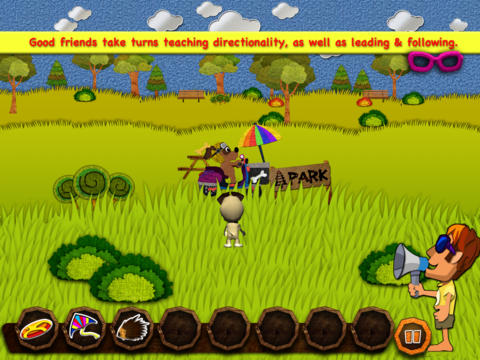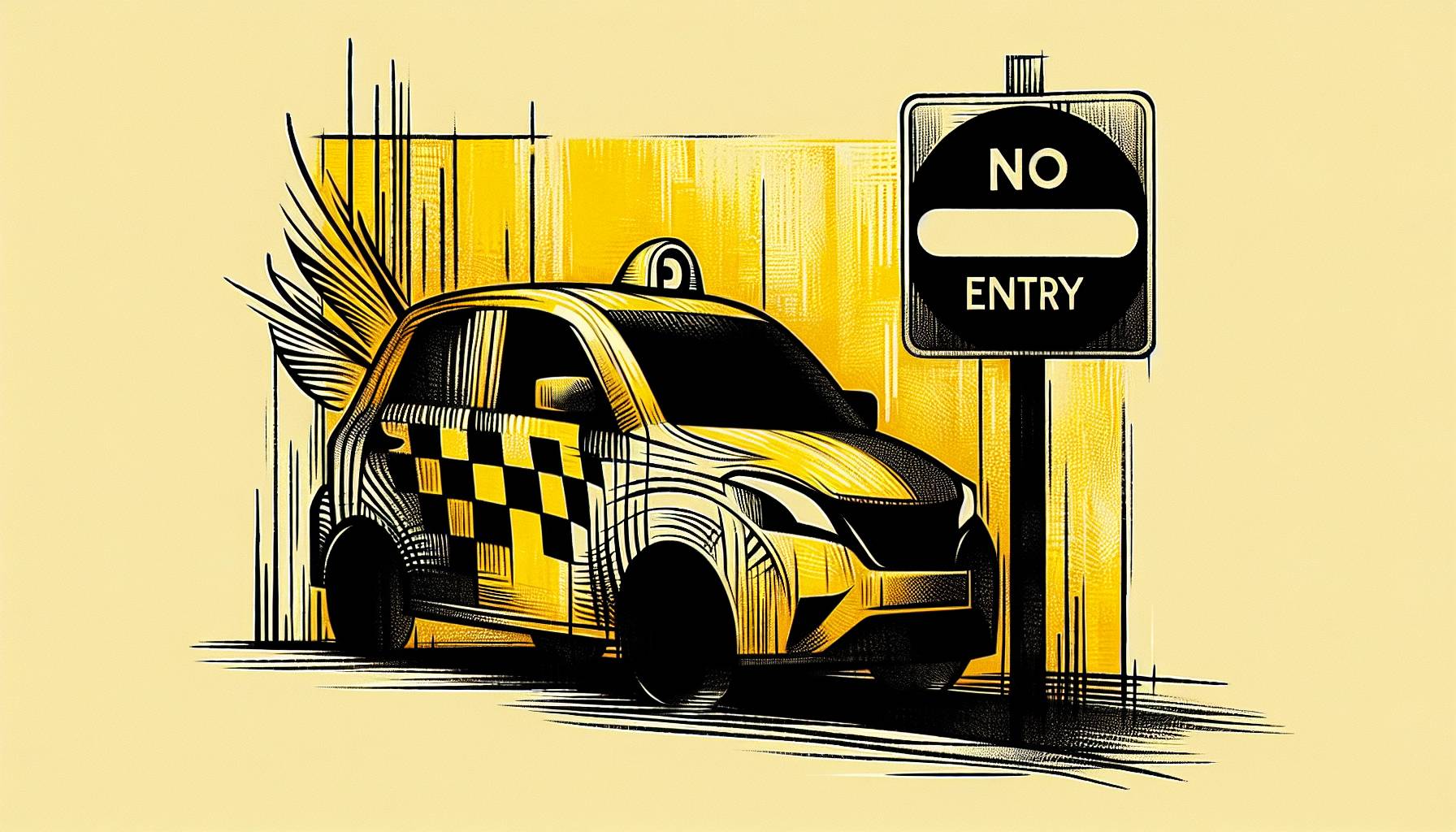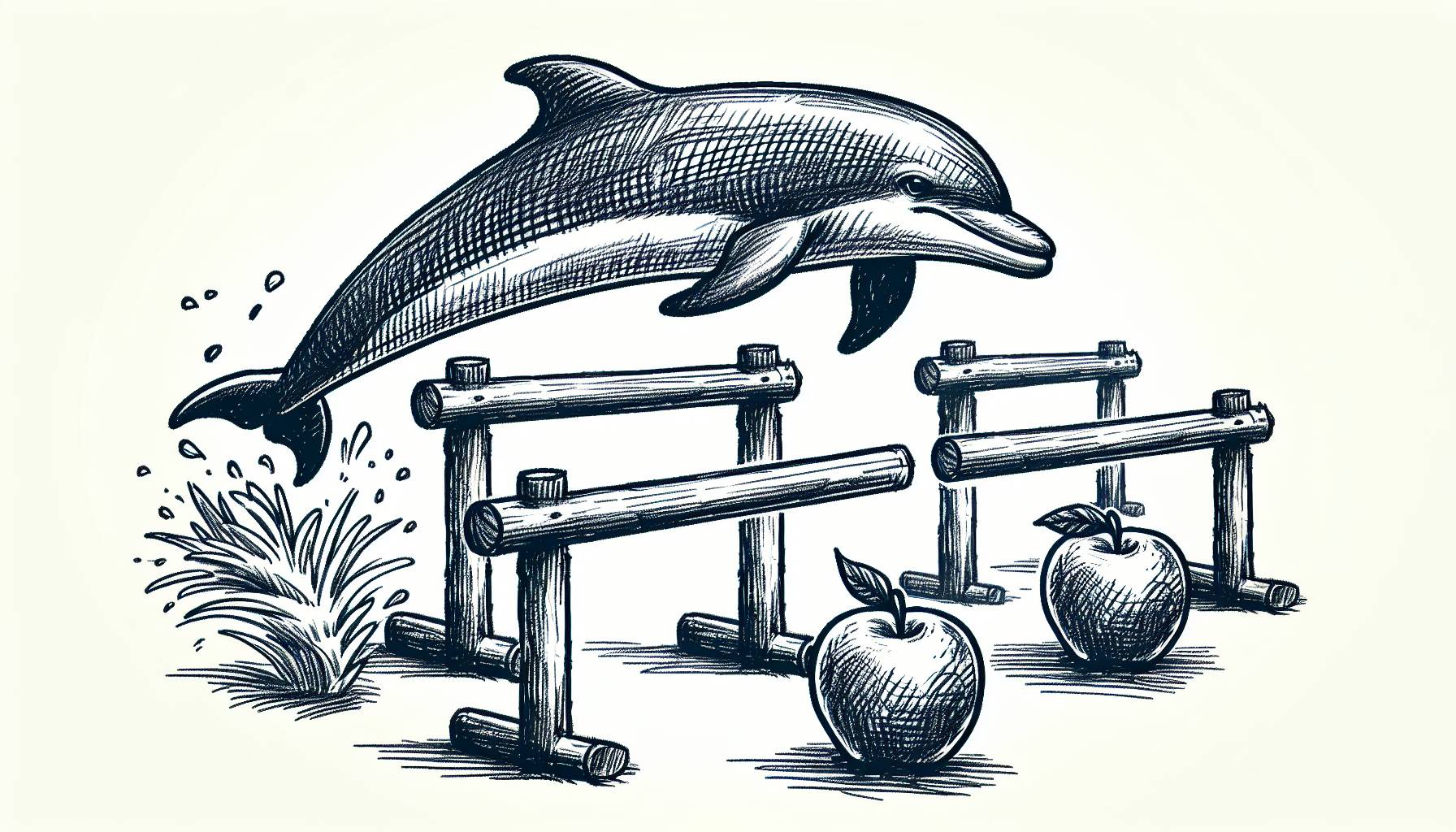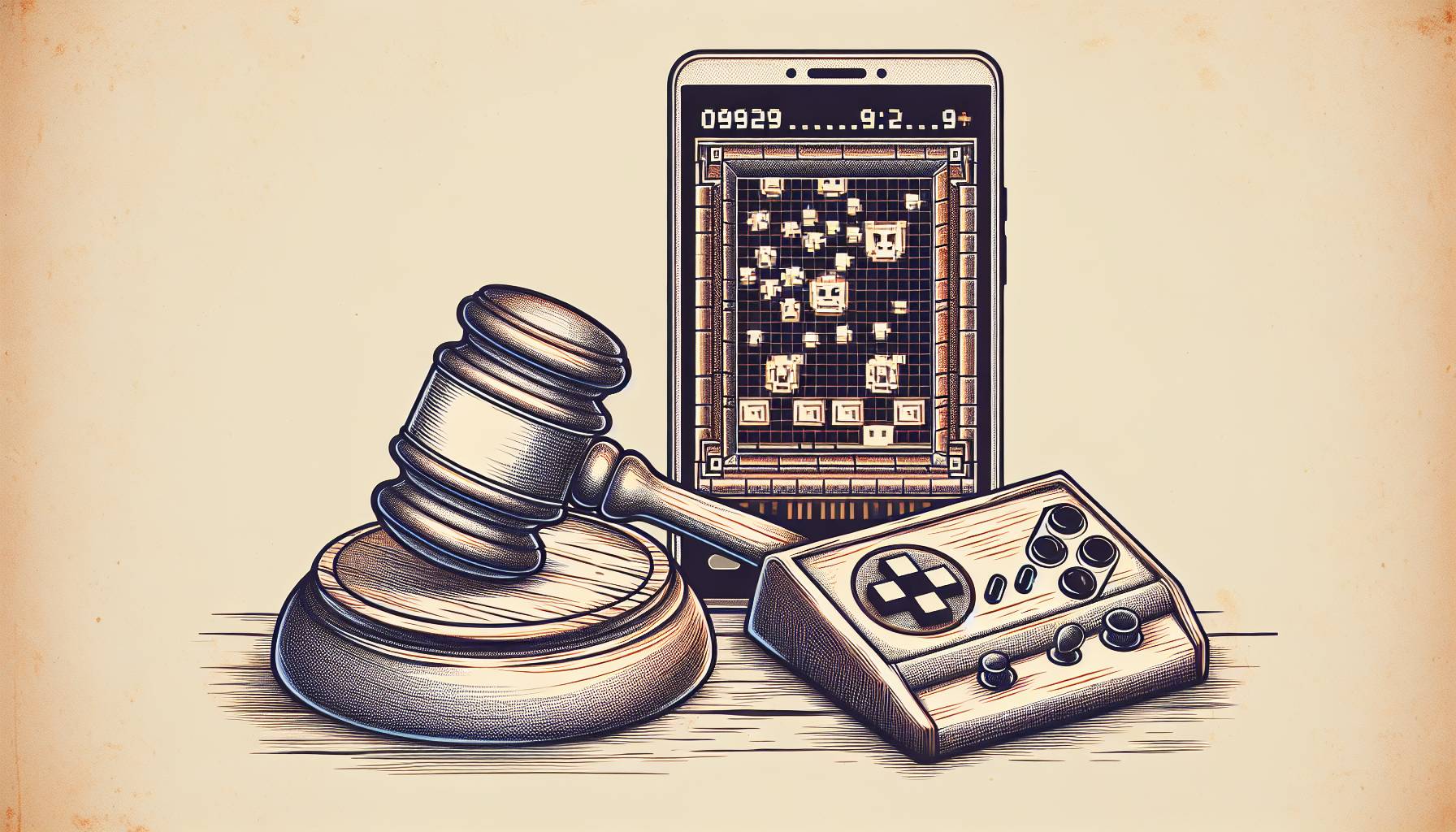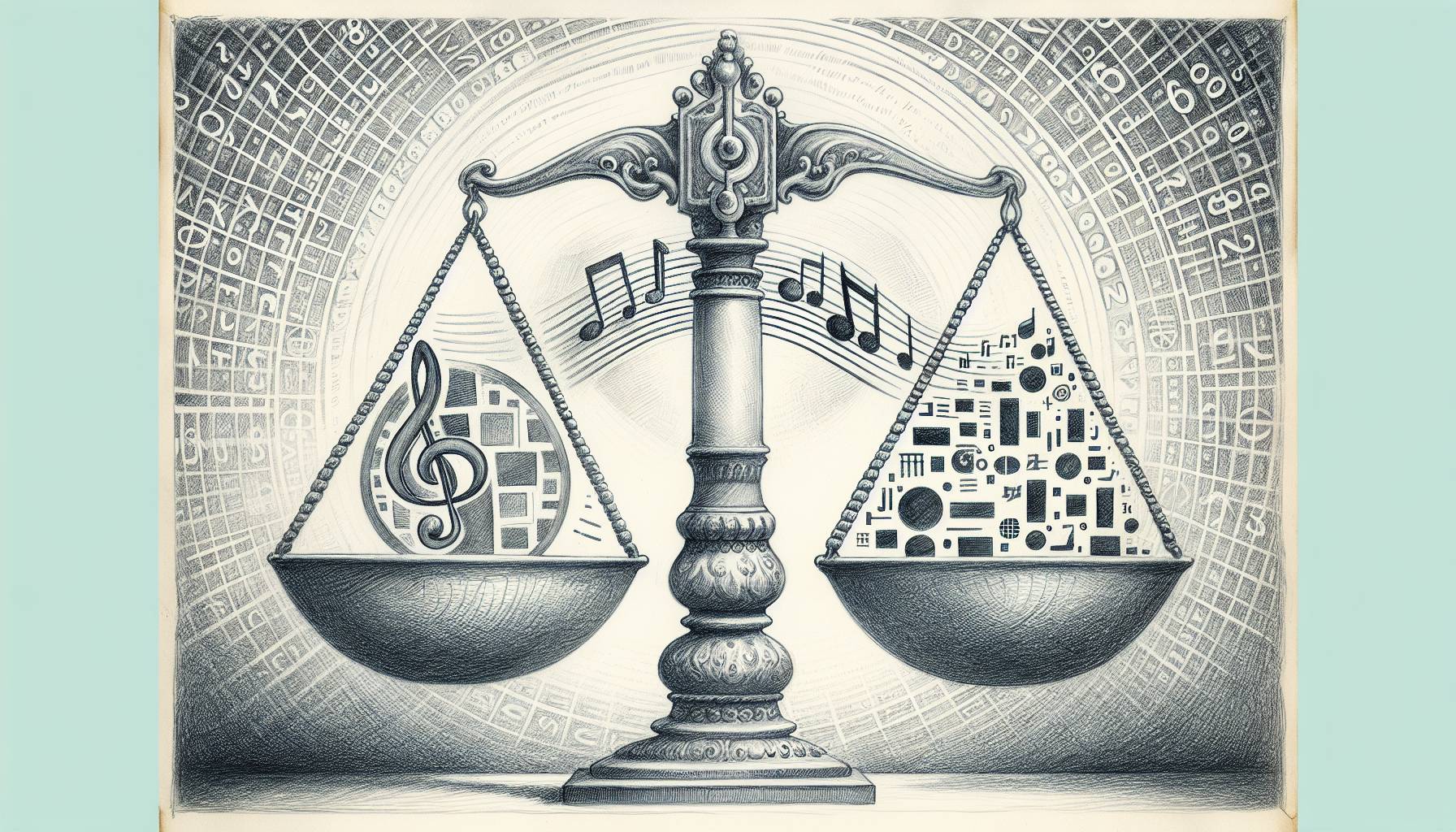There is no prototypical background for app developers. The beauty of working in the app world is that it is so new, you find individuals from all walks of life creating applications we could not have fathomed just four short years ago.
After spending more than 25 years helping to develop young minds as a kindergarten teacher in Chicago, Francis Judd switched gears to become an app developer. Her company, Mrs. Judd’s Games (which is a unit of KBooM! Games), develops early-stage education games. The company’s third iPad app, Left Right Pup, not only teaches children the concept of right and left, but also provides instructions on cooperation, following directions, and getting along with classmates.
In many ways, Judd’s mission as an educator hasn’t changed all that much.
“I realized,” she explains, “that I had not so much retired from the classroom as I had expanded the scope of my classroom.”
In this edition of Meet The Makers, we get a first look at Left Right Pup, learn how Judd transitioned from teaching to app development, and find out if there is anything else on this earth that can compete with the iPad as an educational tool.
Appolicious: You just released your third iPad game that promotes early childhood development. Tell us about your approach in creating Left Right Pup, and how it will benefit young children and their parents.
Frances Judd: When working on the Mrs. Judd’s Games line of apps, I draw almost entirely from my experiences as an early childhood educator. My approach to Left Right Pup included reflecting on years of children’s puppy pretend and hide-and-seek as inherent forms of childhood fun, where I could embed lessons related to a very challenging subject area. Learning left from right is a difficult concept because it changes with one’s perspective. I knew from teaching left and right in the hallways of our school, as we walked to the library or PE, that putting the iPad user in alignment with another character would be crucial for the learning moment. I recommend families watch their child play Left Right Pup and then use that same strategy when taking family walks or drives. By empowering the child to help decide which way to turn, we let children be at the helm of their own learning.
We also designed Left Right Pup to lay groundwork for early social skills, including following directions, leadership, and taking turns. In the game, a pup and his surfer pal take turns giving each other directions in a hide-and-seek exchange, with both finding fun and accomplishment in leader and follower roles. The emphasis on clear directions and use of self-affirmation also model the importance and satisfaction of following directions. A lot of parents will ask, ‘Why isn’t my child a leader?’ I believe that the key isn’t how to make a child into a leader, but to encourage them to enjoy both leader and follower roles, as everyone plays both at various points in our lives.
Appo: After a long and distinguished career teaching kindergarten at the Francis W. Parker School in Chicago, you switched gears professionally and are now part of the app development universe. How does your experience as a teacher inform your work as an app creator?
FJ: Having worked for decades with children and their families, I bring the experience of considering all types of learners and all types of families when I design a specific set of learning activities. Parents want to know that their children are stretching and growing when they are with their teachers at school. As an iPad educator, I take the same challenges and joys that I observed in my many years of teaching and turn them into apps. I intertwine ways in which our apps can tie back into classroom learning, sensory-rich play, and core curriculum. Whether an app is based in phonics, math or perceptual-motor learning, all of the Mrs. Judd’s Games apps were sparked by—and lead back to—classroom learning.
For example, in Left Right Pup, my visual aesthetic of offering a texturally rich world that relates to childhood collage projects, was of equal importance as offering gameplay that relates to active outdoor play in a park and beach. Whether teaching in a classroom or on an iPad, I want to encourage learners who mostly love art projects to gain an appreciation for recess, and conversely to offer an invitation into an art aesthetic for playground-loving students. Teaching involves taking a child where they are, and encouraging them to take a step forward into new territory.
Appo: Explain your relationship with KBooM! Games, and how you came to collaborate with that firm.
FJ: About three months after announcing my classroom retirement, I discovered that a father of an ex-student of mine had founded a marketing app company called KBooM! Games. Having loved my freelance game-designing experiences with companies such as Playskool and Hasbro, I was excited at the possibility that I might take my ideas of teaching and learning into the world of iPad education. When I first met with the KBooM! team, I was pleasantly surprised how much they cared about my concerns that children need to have app experiences that tie back into physical play, investigations, and learning that has longevity.
Appo: Tell us about your earlier titles – Snowflake Station and Chalk Walk – including any anecdotes about how young learners and their parents are responding to the applications.
FJ: Just after Mrs. Judd’s Games launched Snowflake Station, I received a photo from a family showing their children happily exploring and learning on their iPads using Snowflake Station on a long airplane ride. I realized that I had not so much retired from the classroom as I had expanded the scope of my classroom. I still love watching the moment when children face a compelling challenge and discover something new that will impact their later learning. Whenever I witness children becoming aware of their own pincer grip using the new “doodle” feature in Chalk Walk, I feel my new work is a natural extension of all of my teaching, which has been to help young children make their own mark in the world.
Appo: In your years teaching Kindergarten, can you cite a teaching tool (if any) that combines the instruction, engagement and fun of the iPad and well-produced educational applications?
FJ: I have pondered this same question before, and my thinking is, yes and no. Not to be overly simplistic, but the best “teaching tool” for any educator is the bright mind of a student. However, if I consider the best “learning tool,” I think the iPad is a real game-changer for the potential impact it can have on the learner. Teacher-designed apps offer students many avenues to explore with unique opportunities to learn and correct themselves in a manner that is empowering. This is the ultimate in self-directed learning. But perhaps the closest competitor to the iPad would be a sandy beach: a fully immersive, multi-layered sensory experience. A good teacher has a world to work with on the beach.

